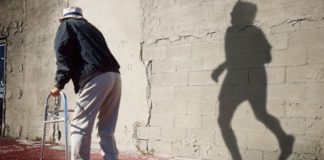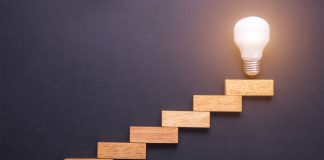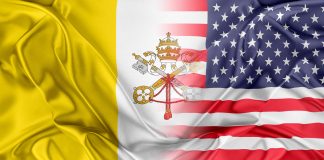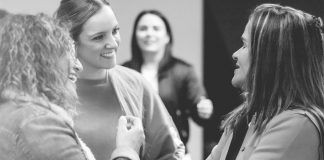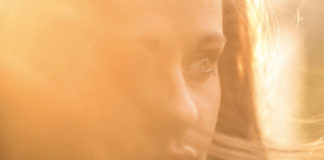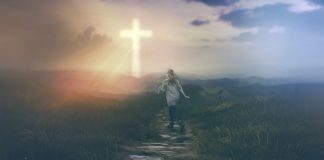The disaster that changed everything without changing anything
Years of prosperity swallowed up in a few months of recession—that's how you could sum up the global economic crisis that began in 2007. At its core, the worst recession since the interwar period turned out to be a mirror into which none of us want to look.
Don’t let suffering define you
It’s strange how popular the saying What doesn’t kill you, makes you stronger is, when it’s obvious that it is not what hits you that makes you stronger, but the way you take the hit.
(Dis)connecting
In its first two decades, the 21st century has already received several titles: the century of speed, the era of information, or the digital era. In a constantly connected world, does authentic disconnection still exist?
Courage in the deluge
After a chance meeting of mutual friends, I was introduced to Tim and Sonia in a restaurant in central Toowoomba, Queensland, eight days before their home was washed away.
In search of balance
The year 2022 was perhaps richer than previous years in events that affected the whole world.
The mercy of inefficiency
Sometimes I feel like an impatient child wanting to cry at God, “Are we there yet?” When prayers go up year after year and answers don’t seem to come down, I get frustrated. Does God even care that I’m waiting? Why doesn’t He move faster?
Pope Leo XIV: the relationship between the first American pope and US politics
Pope Leo XIV, who was born Robert Francis Prevost, was elected the 267th Supreme Pontiff. Born in the south of Chicago in 1955, he is the first North American pope. Despite this, his relationship with US politics is more complex than his biography might suggest.
The hopeless generation
I talked to Pastor Nicu Butoi about the role that religion could play in treating depression and hopelessness, at the end of a series of evangelistic presentations he gave to a full-house before the pandemic.
COVID-19: How can we transform the crisis?
Tens of thousands of articles about the new coronavirus crisis are filling news outlets around the world these days. What is the crisis, how we go through it, what to do, how to do, when to do it etc. Only one thing seems certain these days: our uncertainty about the future. We would prefer an authority to go out in public and tell...
What did I miss about God in my 20s?
I was twenty when I first became curious about God. I was fortunate to see His presence in the lives of my friends and longed for that same presence in my own life.
The path of renewal: from words that “ignite the wheel of life” to those that guard the soul
“The words of the mouth are deep waters, but the fountain of wisdom is a rushing stream” (Proverbs 18:4).
When love ties us too tightly
"Love means never having to say you're sorry." When I first heard this line from the "Love Story" blockbuster, I thought I was the only one who didn't understand what it meant. However, after watching a recent interview with the lead actress, I was reassured. She too thought it was a stupid thing to say. Still, the phrase was a hit at the...
The imperatives of absence
Contrary to one's initial impression, vigilance is not the main theme of Jesus' parables of "absence and expectation." Absence is central to these stories, because it is absence which enriches them, rather than impoverishing them. Absence is not a shortage, a gap, or a sign of non-existence—it is a catalyst.
Are you gifted?
There’s something lying on a massive table. It’s a huge picture. You move closer and see that the design is made up of individual pieces, like a jigsaw puzzle. But the pattern is unusual. It isn’t an immediately recognisable image, such as a Swiss mountain or a bouquet of tulips.
COVID-19: The pandemic that transforms us into different people
In Europe, one in twenty people suffer from depression, and one in four will experience depression during their lifetime. In the United States, major depressive disorder affects about five percent of the population.













